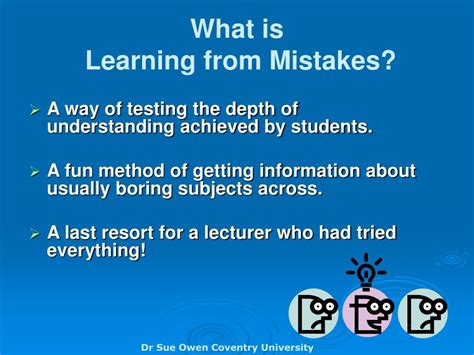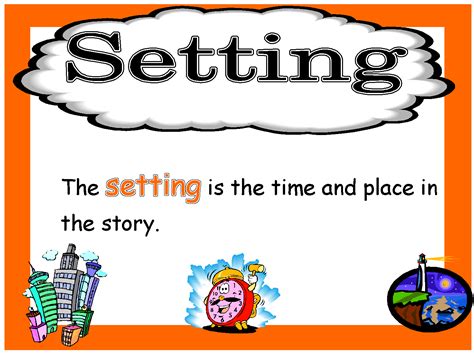The Unseen Battle: Overcoming Setbacks in Men’s Lives
Life, whether in the gym or the market, inevitably presents setbacks. For men, the pressure to succeed and the potential shame associated with failure can often amplify the sting of a missed goal, an investment gone awry, or a fitness plateau. Yet, the ability to not just recover, but to grow from these experiences, is a hallmark of true mental strength. The key lies not in avoiding failure, but in mastering the art of mentally reframing it.

Understanding the Initial Blow and the Power of Perspective
When men face a significant failure – be it a devastating financial loss, a career stumble, or a debilitating injury that derails fitness goals – the initial response can be a potent mix of frustration, anger, self-doubt, and even a sense of shame. This internal monologue can be detrimental, cementing the failure as an identity rather than an event. The critical pivot occurs when this narrative is challenged and transformed.
Reframing isn’t about denial; it’s about consciously shifting one’s perspective on an event. Instead of viewing a setback as an end, it’s seen as a data point, a lesson, or even a necessary detour. This cognitive restructuring allows men to detach their self-worth from the outcome and instead focus on the process, effort, and future possibilities.
Strategic Pillars for Mental Reframing
1. Embrace Failure as a Learning Opportunity
One of the most powerful reframes is to view failure not as a definitive ending, but as crucial feedback. Every failed investment strategy, every missed lift, every dietary slip-up contains valuable information. What went wrong? What could be done differently? By dissecting the failure dispassionately, men can extract lessons that fuel smarter decisions next time.

2. Cultivate a Growth Mindset
Dr. Carol Dweck’s concept of a growth mindset is foundational here. Instead of believing abilities are fixed (a fixed mindset), men with a growth mindset understand that their capabilities can be developed through dedication and hard work. A financial loss becomes a challenge to learn more about market dynamics; a fitness injury becomes an opportunity to understand body mechanics better and build resilience.
3. Focus on Controllables and Process, Not Just Outcome
While the outcome of an investment or a fitness competition might be out of one’s complete control, the effort, research, discipline, and consistency are not. By shifting focus from the end result to the integrity of the process, men can regain a sense of agency and maintain motivation, even in the face of disappointing outcomes.
4. Set Realistic, Incremental Goals
After a significant setback, the path to recovery can seem daunting. Breaking down the larger goal (e.g., financial recovery, full fitness) into smaller, manageable, and realistic steps can make the journey less overwhelming. Each small win builds momentum and reinforces the belief in one’s capacity to bounce back.

Applying Reframing in Fitness and Finance
In Fitness:
An injury, a plateau, or a failed weight cut can be devastating. Instead of dwelling on what’s lost, men can reframe: an injury becomes an opportunity to cross-train, strengthen weak areas, or focus on neglected mobility. A plateau signals the need to review programming, nutrition, or recovery strategies, leading to a more nuanced understanding of their body. The mental reframe shifts from ‘I can’t’ to ‘How can I adapt and come back stronger?’

In Finance:
A bad investment, job loss, or significant debt can feel like a personal indictment. Reframing these events involves seeing them as catalysts for financial education, budgeting discipline, or career pivot exploration. A job loss might open doors to a more fulfilling career path. Debt could be the impetus to master personal finance. The reframe moves from ‘I failed’ to ‘I am learning and building a more resilient financial future.’
The Role of Self-Compassion and Support
Crucially, reframing failure also involves self-compassion. Men often struggle with this, equating it with weakness. However, treating oneself with kindness and understanding during tough times is a foundation for resilience. Additionally, seeking support from mentors, friends, or professionals can provide external perspectives that aid in reframing and offer practical strategies for recovery.

Conclusion: From Stumble to Stepping Stone
The journey from failure to growth is not linear, but for men in fitness and finance, the ability to mentally reframe setbacks is a superpower. By consciously choosing a growth-oriented perspective, embracing lessons, focusing on process, and building a supportive environment, men can transform moments of defeat into powerful stepping stones towards greater strength, wisdom, and success. Failure isn’t the opposite of success; it’s a part of the path to it.




